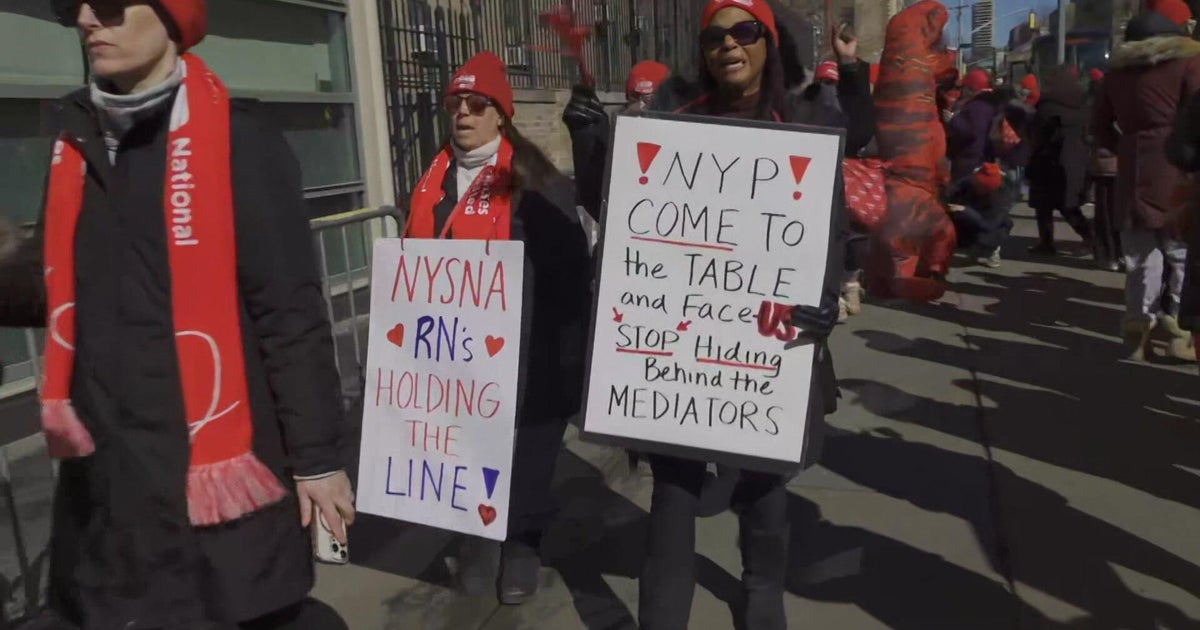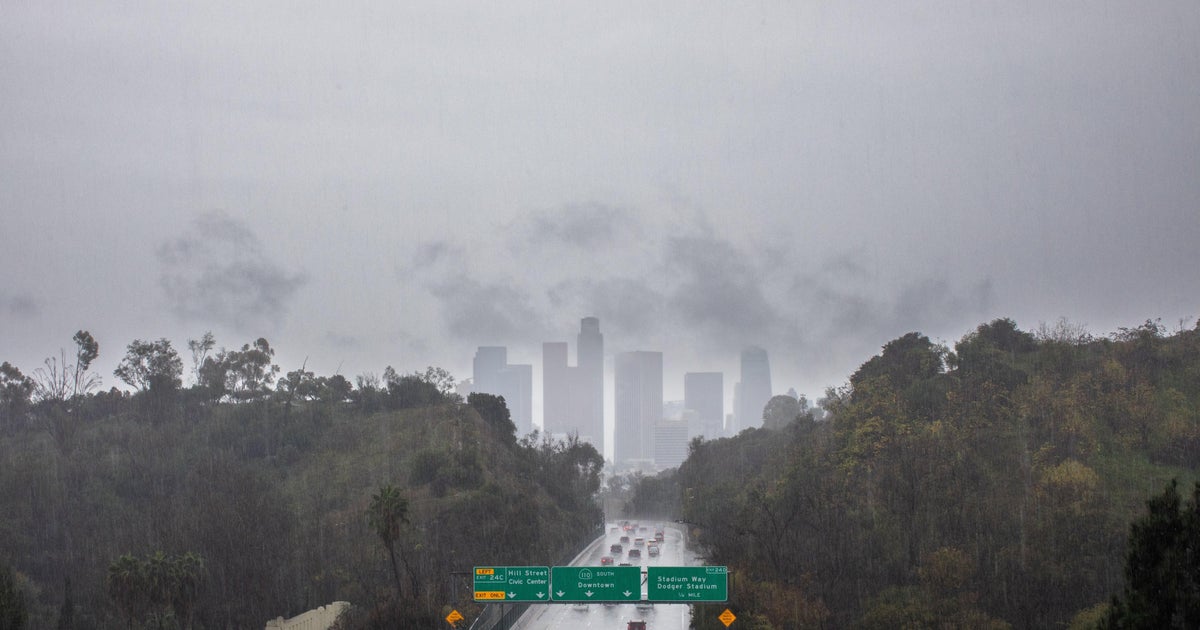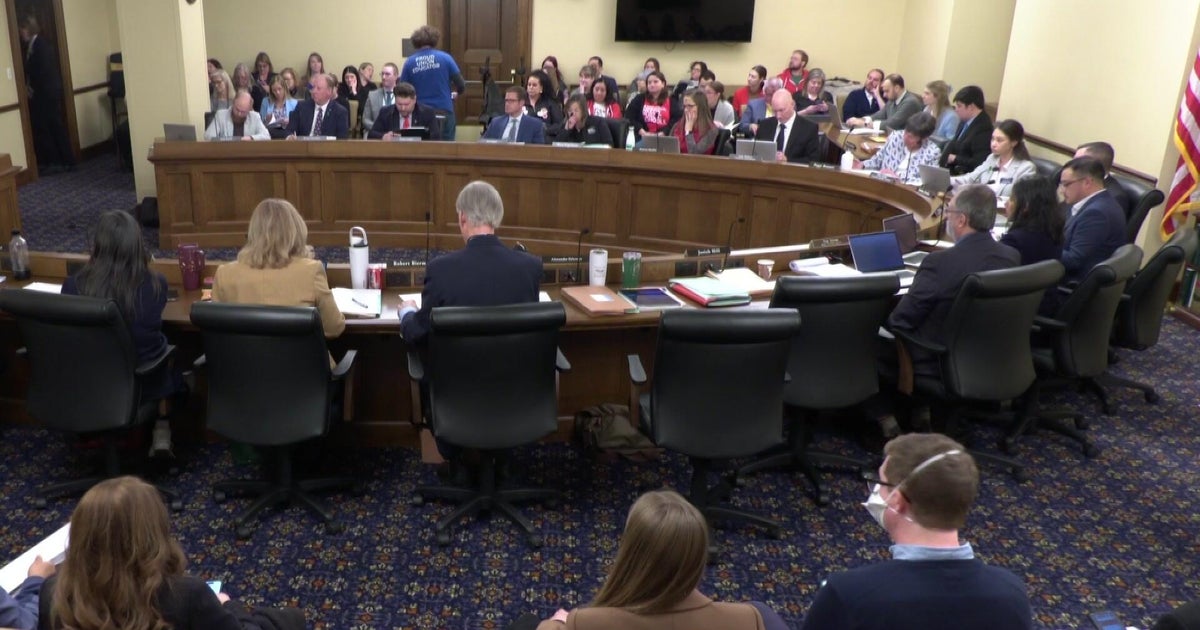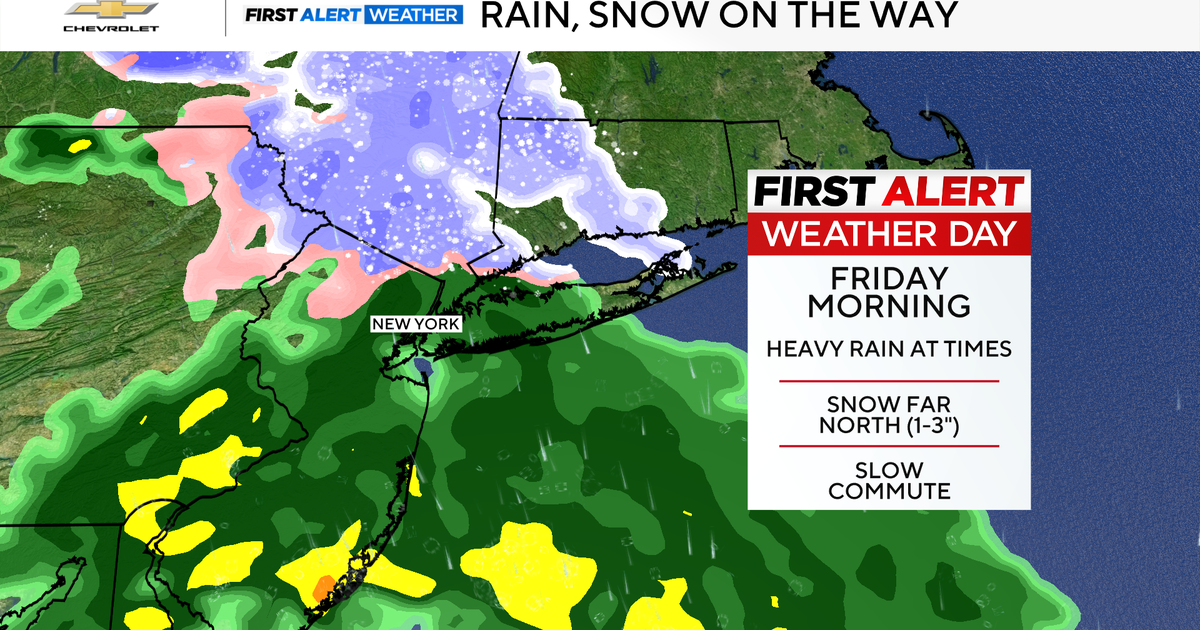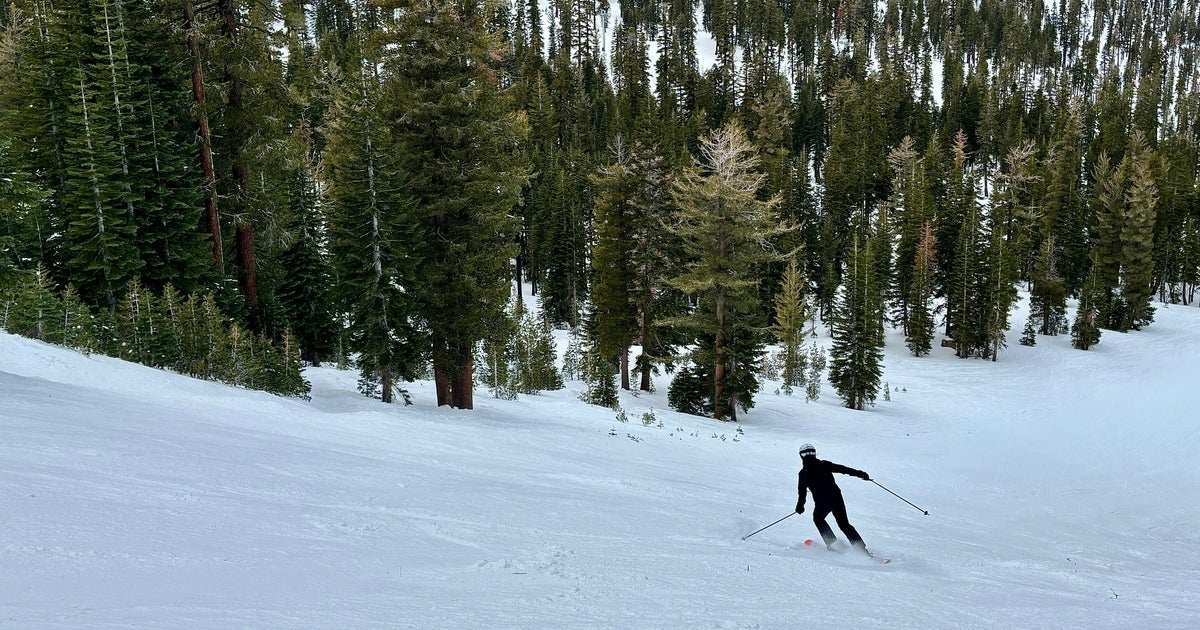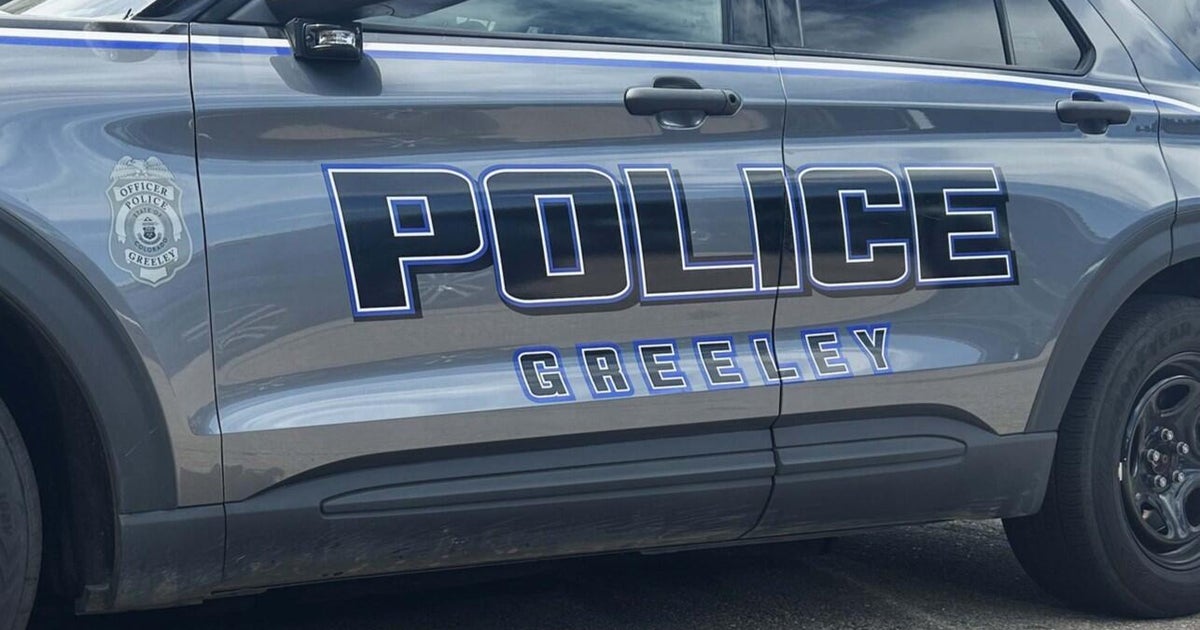Interest In Rideshare Companies Surges During BART Strike
SAN FRANCISCO (CBS/AP) - Just days before hundreds of Bay Area Rapid Transit workers went on strike, the online ridesharing network Avego bought a new Web address: bartstrike.com.
By Monday morning, when 400,000 displaced commuters were struggling to get to work, Avego was going beyond offering an easy way to share a ride with a stranger. The company was giving a few lucky commuters who downloaded its smartphone app a free helicopter ride to bypass the traffic.
Avego is one of many startup rideshare companies marketing their services with gusto after this week's strike by the workers who transport more than 40 percent of commuters coming from the East Bay to San Francisco.
Sign-ups jumped from hundreds before the strike to thousands over the weekend, said Paul Steinberg, Avego's director of operations for the Americas. "We're getting creamed," he said.
Among those hopping in Avego cars this week was Mackenzie Vaillancourt, who relies on BART to cross the bay every day to get to work from her San Francisco home.
Vaillancourt has been booking rides to work using the app on her cellphone.
"This week this service has been extremely critical," she said. "My job requires me to be in my office every day, and I don't have a car."
Driver Laura Manningo, who uses the system to find would-be carpoolers to help pay for gas, said it's been a busy week as she drives to work and back with new passengers.
"I've been getting a ton more messages," she said.
The online rideshares, peer-to-peer taxis and carpool apps have faced criticism and calls for bans because they compete with taxis. Some offer prescreened cars owned by professional drivers with black sedans or SUVs, while others provide ways to find commute partners and share the travel costs. Some of the services get around safety regulations and government fees by offering a donation-based system.
The market has surged in the past year, with several leading firms saying this week that their business has been soaring.
San Francisco rideshare companies Uber and Sidecar have been running promoted Tweets that ensured tens of thousands of people who searched Twitter for "BART strike" would see an ad about the services.
Uber general manager Ilya Abyzov said the strike highlights the necessity of a service like Uber, which dispatches cars owned by local residents who have been vetted by the company.
"It underscores the importance of having a diverse range of choices in transportation so no one event can disrupt your life," he said. Uber contacted all of its Bay Area drivers and asked them to expect increased demand, Abyzov said, and Monday's commute didn't disappoint.
Sunil Paul, CEO of Sidecar Technologies Inc., which offers a smartphone app that matches people in their own cars with people nearby for shared rides, said his business is part of a megatrend of people moving into cities who don't want to own a car.
"This BART strike is a big crisis for the Bay Area," he said. "We're doing what we can to help, and in this situation our model really shines because our drivers can see where people are going and decide to give them rides."
During the strike, he said Sidecar is giving drivers 100 percent of the donations that riders pay, waiving the 20 percent fee that the company usually collects.
(Copyright 2013 by CBS San Francisco. All rights reserved. This material may not be published, broadcast, rewritten or redistributed.)


